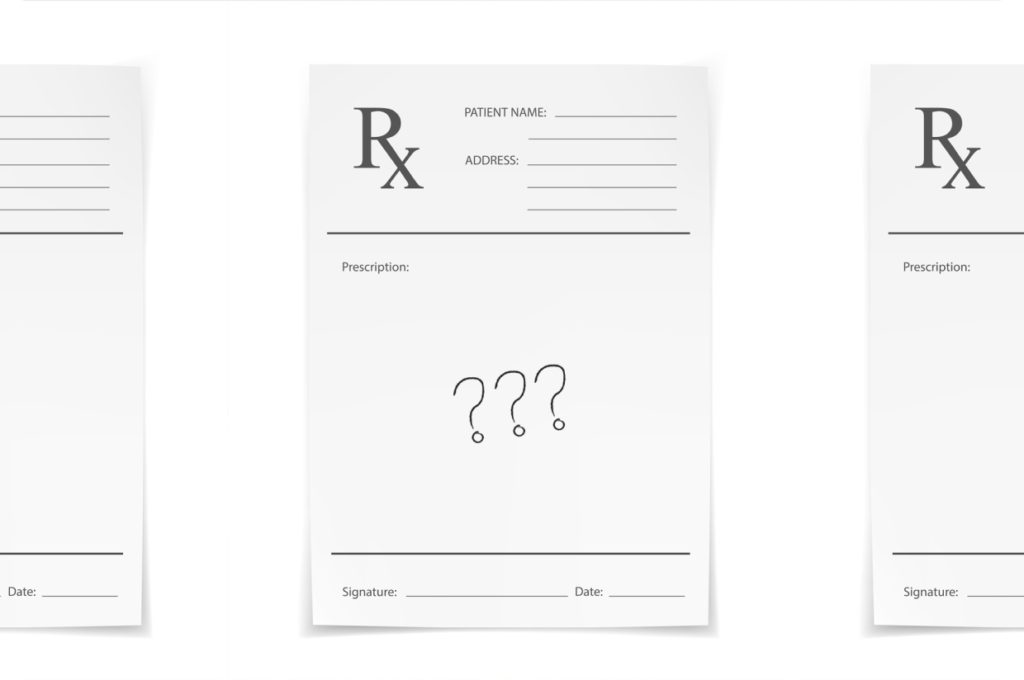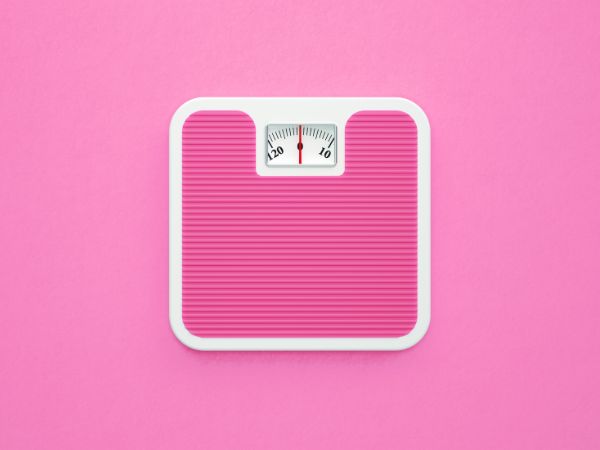There are a lot of different things that we can do to try and improve our health. However, there are some factors that can make weight management additionally challenging for some people, such as biological and genetic factors.
Another issue that some people face, which has only recently become part of the conversation regarding long-term weight management solutions is ‘food noise’ (i.e., thinking about food or food cravings constantly, etc.).
We’ve talked before about food noise and what it is, but how can we treat excessive food noise? To help you make sense of the relationship between medical weight loss treatment and food noise, the team at Felix has put together this page of useful information.

Ready to start your weight loss journey?
Get a personalized treatment plan from a Canadian nurse practitioner 100% online, with free delivery and ongoing support.
If you’d like to talk to find out whether weight loss treatments could be beneficial as part of your weight management plan, complete an assessment with one of our practitioners. They’ll be able to tell you whether they believe treatments could be right for you, based on your health and medical history.
Can Weight Loss Medications Help Reduce Food Noise?
Anecdotally, they may be able to.
This means that weight loss medications are not indicated for use in direct treatment of excessive or intense food noise. However, because of their impacts on our body, these medications may reduce food noise as a side effect of their intended use.
How Do Weight Loss Medications Reduce Food Noise?
The truth is, we’re not really sure exactly what can cause weight loss medications to reduce food noise.
At this time, the leading theory is that it relates to the decreasing release of dopamine, as well as increased dopamine breakdown, resulting in lower dopamine levels in the ‘reward center’ of our brains.
This theoretically leads to easier control of food and hunger cravings, as well as potentially less frequency or intensity in their appearance.
When to Consider Weight Loss Medications to Help Reduce Food Noise
If you’re living in a larger body and have obesity (BMI over 30), (or you have a BMI of between 27-30 and have weight-related health issues), and other lifestyle changes alone aren’t helping with your weight management, it may be time to consider adding weight loss medications.
This is particularly true if your weight is beginning to affect your health, or your quality of life.
Felix’s practitioners understand how challenging weight management can be for some individuals. We’re here to help, in our judgment-free environment built on support and positivity.
Just complete an online assessment, and your practitioner will be able to tell you whether they believe weight loss medications could be a valuable treatment option for you, based on your individual needs.
If You Stop Taking Weight Loss Medications for ‘Food Noise’ Does it Come back?
For many people, yes. Food noise may return after a period of time being off their weight loss medications.
Also, for some individuals, food noise may gradually increase once they reach a steady-state on GLP-1 receptor agonist weight loss medications.
The same can be said for weight itself, since many people experience some weight regain if they stop taking their weight loss medications.
Weight loss medications aren’t indicated for direct use in treatment of food noise. However, this is another reason why weight loss medications should be treated as a long-term solution, since cessation can result in the return of pre-treatment symptoms.
Lifestyle Adjustments & Non-Medication Treatments
It’s really important to remember that weight loss treats can be helpful, but there are other useful things that you can do to help reach your weight loss goals and maintain good overall health.
Psychological or Behavioural Treatments
Sometimes, one of the biggest challenges a person can face in their weight management journey is their own mental health. Cravings that feel impossible to ignore. Bad habits that are hard to break. It can be difficult to overcome these challenges alone.
Seeking psychological or behavioural support can be a great way to learn new life skills like how to efficiently meal plan, as well as give you tools to combat food noise.
Ongoing Exercise
The importance of regular exercise can’t be understated; not just in regard to weight management, but for your health in general.
Performing 30-60 minutes of aerobic exercise most days of the week can be a great way to assist your other weight management efforts, as well as increase muscle strength, flexibility, and reduce bone density loss as we age.
Healthy Dietary Choices
It can be difficult to make consistently healthy dietary choices when you’re living in an obesogenic environment, like we do in Canada.
This involves ensuring your body gets enough protein and fiber throughout your day, as well as avoiding unhealthy foods (i.e., fatty or heavily processed foods, sugary foods, alcohol, etc.).
When Should I Talk to My Healthcare Practitioner?
Is your weight starting to affect your health or quality of life? Do you experience excessive or intense food noise that’s impacting your ability to make healthy dietary choices? If these apply to you, then it’s time to talk to a healthcare practitioner at Felix.
Complete a short online assessment, and one of our practitioners will be happy to assess whether weight loss medications could be a useful part of your weight management plan, based on your individual needs.
With Felix in your corner, you can take back control of your weight and your health, so that you can get back to living life on your terms – the way it should be.





